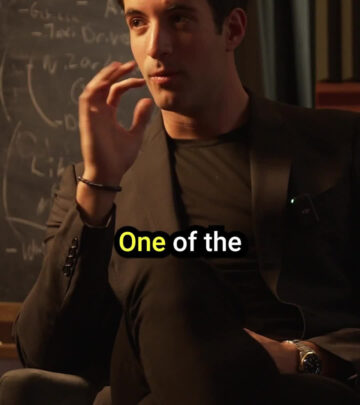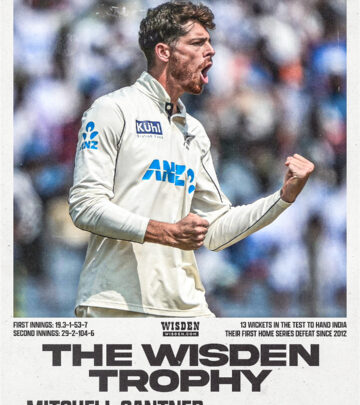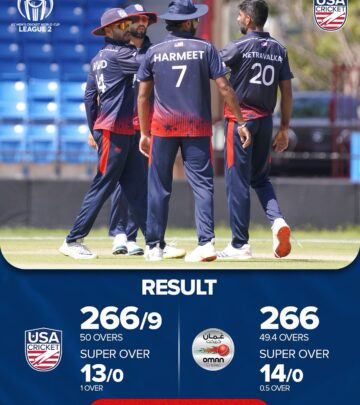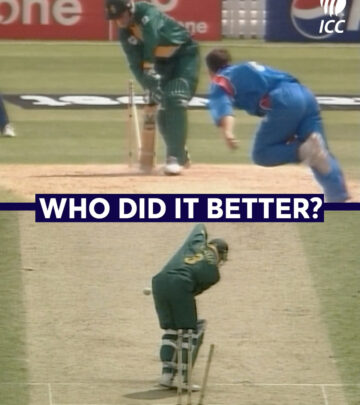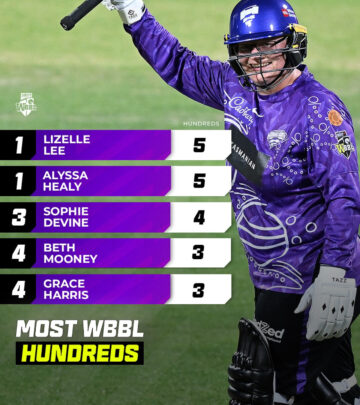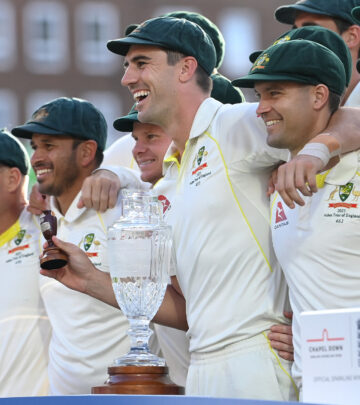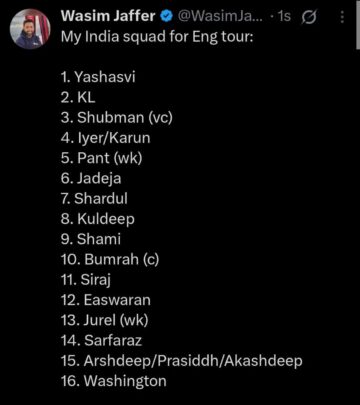What’s Keeping Women Blind To Strong Men
Igniting debate on gender roles as Naftali Moses questions why strength is often unseen!!!
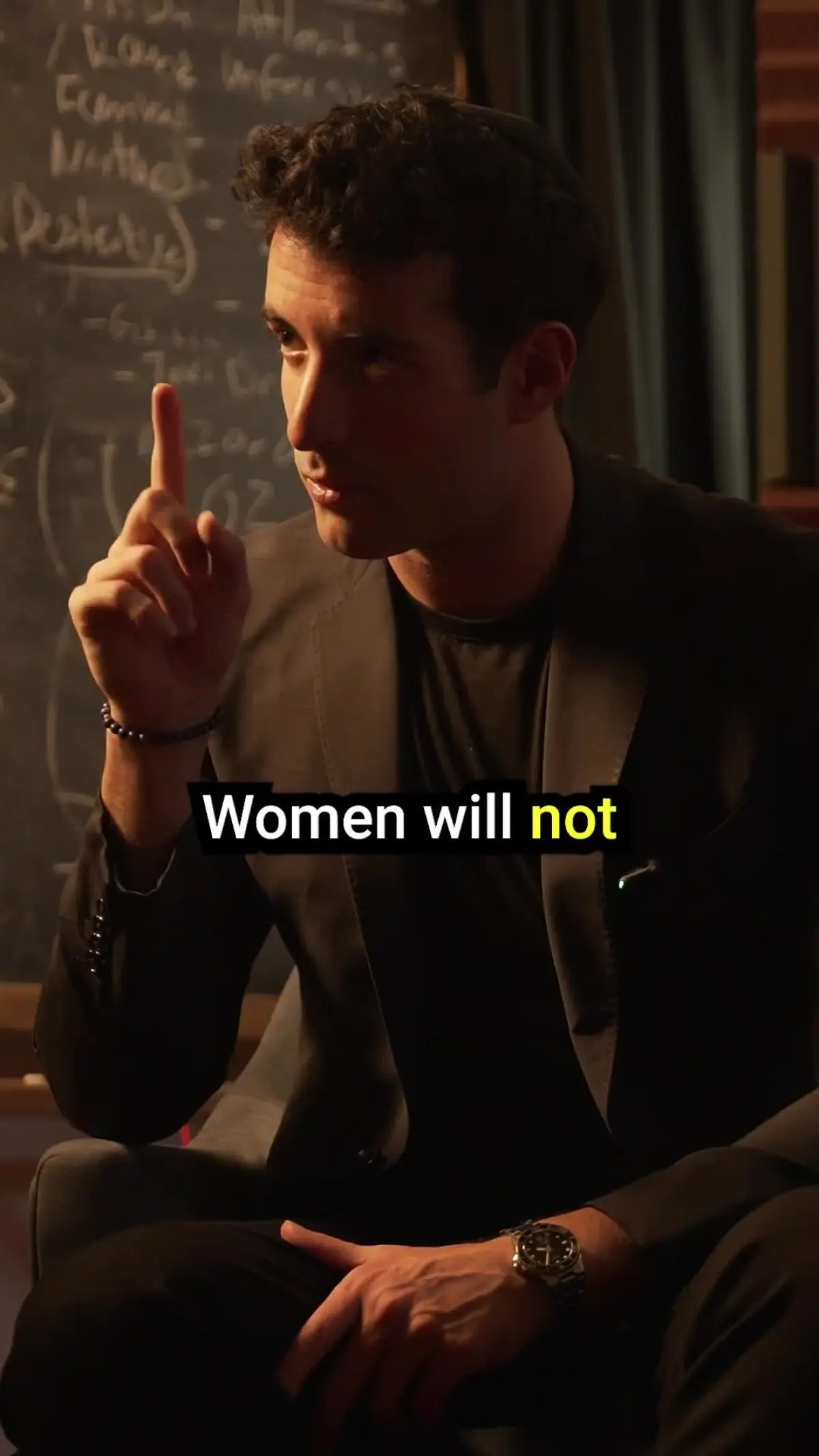
Image: Instagram
Naftali Moses, known for his thought-provoking social commentary, has stirred up conversations with his latest Instagram post that asks, “What’s keeping women blind to strong men.” The provocative caption has quickly caught the attention of his followers and sparked debates on gender roles and the nature of strength in today’s society.
Breaking The Norms
In a social media landscape where every post can ignite discussion, Moses’s latest message challenges longstanding stereotypes that often undervalue the attributes of strength and resilience. His post, accompanied by a striking image, suggests that there may be underlying reasons why women might overlook strong men. Although the statement is succinct, it leaves a trail of questions about societal expectations, individual preferences, and the evolving ideas about masculinity.
Moses’s approach is both simple and direct. Using minimal words, he invites his audience to reflect on what it truly means to be strong. This inquiry isn’t just a call to action for men to display their strength—it also looks into the dynamics of attraction and perception that shape modern relationships.
Exploring Gender Dynamics
Naftali Moses is no stranger to stirring debate. Past posts, such as the one urging followers to “Don’t believe this lie”, have cemented his reputation for challenging conventional thought. In other instances, he has critiqued the lack of sensitivity or the misplaced emphasis on vulnerability with captions like “Don’t talk about your sensitivity when it’s nowhere to be found” and “Hurting others in the name of improving yourself is exactly where you forgot the point.” Each of these posts reflects a deeper commentary on gender roles and personal integrity.
By questioning the recipient’s perception of strength, Moses probes a complex social pattern. Is it possible that societal trends have skewed the way strength is defined and valued? And if so, what part do media narratives and cultural expectations play? Moses’s post adds to a growing dialogue where traditional definitions of masculinity are increasingly scrutinized. Many of his followers have expressed a mix of agreement and skepticism, showing that his ideas resonate with diverse perspectives while also challenging some deep-seated notions.
The Message Behind The Image
The featured image on Moses’s post reinforces his message. It captures an earnest expression, embodying a confident yet introspective demeanor that many might interpret as a call to reexamine the concept of strength. The visual element, combined with his compelling caption, creates a powerful narrative that transcends typical social media fare. This image, like his previous works, is designed to spark a conversation—not only among his core followers but also within larger circles that engage with discussions on gender dynamics and cultural evolution.
The use of strong, declarative statements in Moses’s posts is a hallmark of his style. His words are chosen to provoke thought and prompt immediate reflection. Social commentators and regular users alike have been quick to share their interpretations, turning his Instagram space into a forum for debate on what it means to be strong and, perhaps, why certain qualities might be undervalued in the complex interplay of attraction and societal roles.
Drawing on related posts from Moses’s timeline, one can see a consistent pattern. Whether it is his admonishment of false narratives or a reminder of the cost of growth, his voice remains distinct and uncompromising. The juxtaposition of his current query with earlier posts—such as the call to reject lies about sensitivity or the caution against misdirected self-improvement—highlights an overarching theme in his work: a call to authenticity and a redefinition of what strength should represent in interpersonal relationships.
In an era where traditional roles and expectations are being reexamined, Moses’s observation invites not only criticism but also deeper introspection. His work is a reflection of a broader societal shift, one that questions whether cultural and media influences have clouded the true value of strength in human connections. As conversations continue to evolve, his post stands as a timely reminder that sometimes, the most straightforward questions can open the door to the most profound discussions.
Ultimately, Naftali Moses’s post serves as a mirror to society—a challenge for all to reconsider the symbols of strength and vulnerability. It underscores the need for a balanced view, one where strength is not taken for granted nor dismissed, but rather examined in the full spectrum of human behavior and emotion.
In conclusion, as the dialogue around gender dynamics intensifies, Moses’s social media commentary offers a critical lens through which we can assess and redefine our perceptions. His thought-provoking query not only fuels online discussions but also invites us to explore a future where strength is appreciated in all its dimensions.
Read full bio of Vidya Tadapatri






